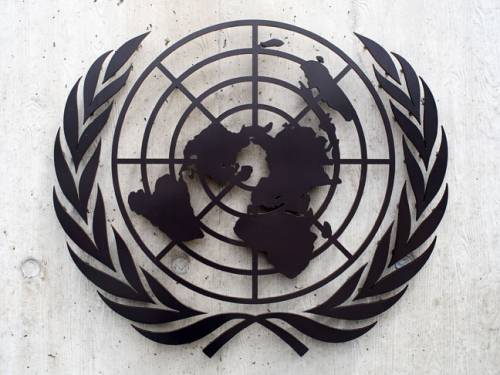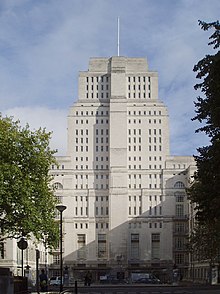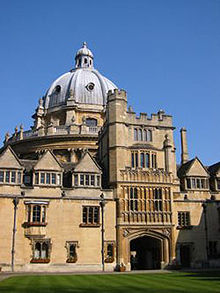 Sciences-Po Toulouse, under Philippe RAIMBAULT’s direction, is organizing, in collaboration with the Research Committee on Sociology of Law of the International Sociological Association (ISA/RCSL), with the support of the European Network on Law and Society (RED and S),
and in cooperation with the French Association of Political Science
(AFSP), the French Association of Sociology (AFS) and the Thematic
Network 13 "Sociology of Law and Justice", a Congress which will take
place in Toulouse, from September 3 to 6, 2013.
Sciences-Po Toulouse, under Philippe RAIMBAULT’s direction, is organizing, in collaboration with the Research Committee on Sociology of Law of the International Sociological Association (ISA/RCSL), with the support of the European Network on Law and Society (RED and S),
and in cooperation with the French Association of Political Science
(AFSP), the French Association of Sociology (AFS) and the Thematic
Network 13 "Sociology of Law and Justice", a Congress which will take
place in Toulouse, from September 3 to 6, 2013.The Congress will be held on the theme: Sociology of Law and Political Action
English, French and Spanish will be used, although without simultaneous translation.
Plenary sessions will take place each morning; workshop sessions will be scheduled in the afternoon.
The coordination of the scientific organization of the Congress is ensured by Wanda CAPELLER.
Information will be updated each month on the same site.
Further information may be available on the Secretariat of the Congress: Véronique LEROUX


















